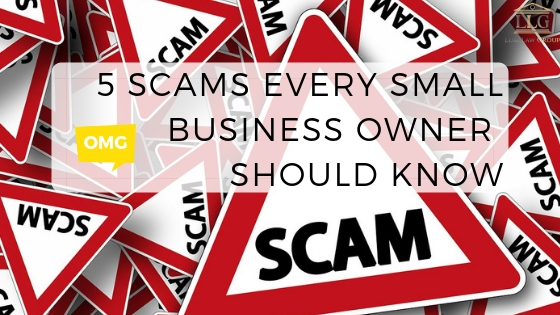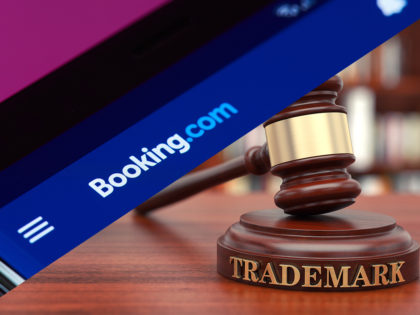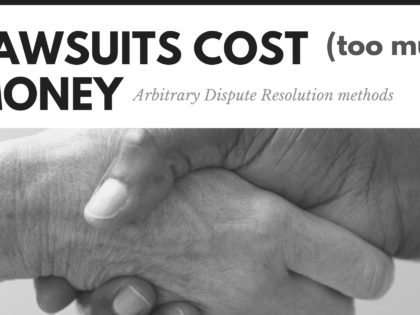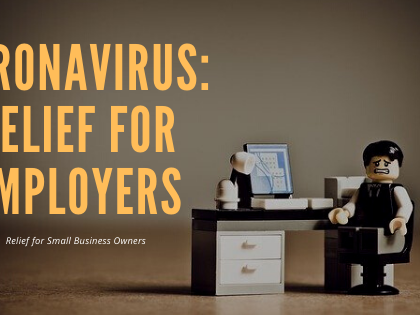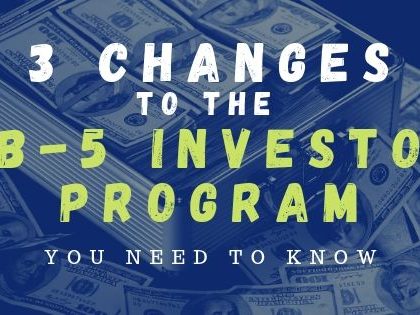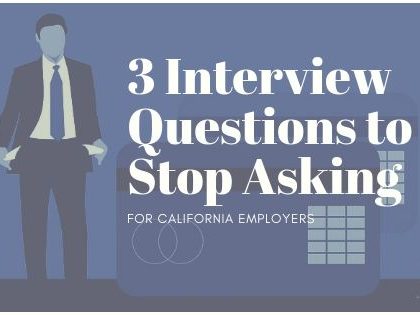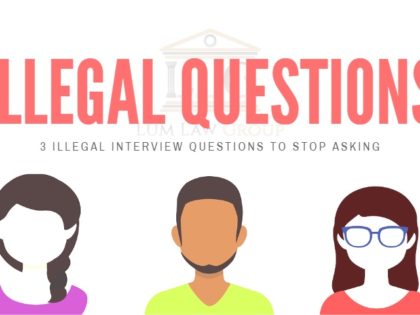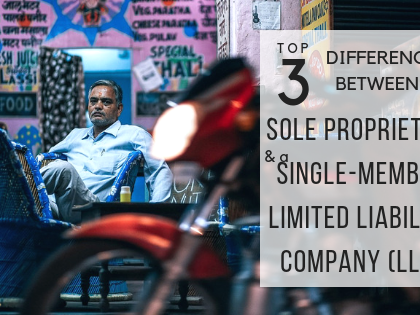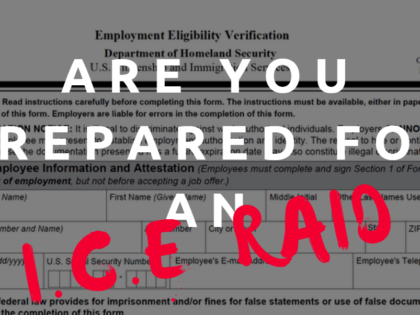Small Business Owner: Avoid These 5 Common Scams
0 CommentsAt the end of the year, many small businesses take stock and plan how to do better in the next year– much like how individuals check their bank accounts and step on their scales to see how they can improve those numbers come January 2019. The desire to improve is commendable. Yet, where large companies have skilled experts on their payroll to apply tried-and-true strategies, small businesses don’t. They rely on external professional opinions. As a result, scammers tend to target solo entrepreneurs and small business owners.
1. The “You don’t know anything about SEO or websites” Scam
Nearly every day, we get an email from someone who claims to be an SEO expert. Granted, a few of these professionals might actually know a thing or two about SEO, but even they make their services sound too good to be true. These professionals will inform you that if you knew SEO, or had a better website, you would have more customers. Your website would rank higher on Google Search Results. Your business would get more exposure, which then would result in more sales, or clients, or fame.
The truth is that you don’t know if they have SEO skills. You don’t know if their website design is better than your current one, or the one you were thinking about designing. The SEO scammer knows you lack the internet knowledge to question their scam, and will send you “personalized” reports that they can generate with a click of the mouse. These reports are copy pasted information that will tell you all the things you need to improve–for a price. All your problems can be solved by throwing money at them. Don’t forget to ask them how much.
2. The “You Deserve An Award or Feature” Scam
Back in the day, scammers used to sell “directory listings” as a way for small business owners to gain exposure and new clients. The SEO scam is a modern version of that scam, but there is another scam that is similar: the “Congratulations! You have been featured” scam.
In this scam, you receive an email or phone call about you, or your company, has personally been selected to be “featured” or awarded something. The scammer provides a lot of details on the publication, company, or organization that is granting you this great honor, and asks you quite a few questions about when you would like to be “honored”. At the end of the conversation, they will give you a price. It’s usually a few hundred dollars for an award and a few thousand dollars for a feature.
Many small business owners will think of it as an “investment”, thinking this cost will be offset by the respect having that plaque or print magazine feature hanging on their wall will buy them. If you feel the same way, that’s fine with us, but we think it’s cheaper to self-publish.
3. The “You Can Be Like Me” Scam
The modern day “You Can Be Like Me” scam is usually done by an “influencer“, someone who is popular, has a wide following, and is able to use his or her influence to sell products and services. First of all, there are plenty of influencers who are not who they say they are, but there are also influencers who are not as wealthy or successful as they claim to be. They use their popularity to gain free products and services from businesses in exchange for reviews and exposure. On an initial level, a small business owner can be scammed by a person who claims to be an influencer, but actually only has fake followers. That’s why there’s no ROI.
On a second level, the influencer will sell coaching programs to teach ordinary people how to become like them. When they target small business owners, or aspiring entrepreneurs, they will highlight how easy it was to get started and how they earn “passive income” and were finally able to quit their nine to five jobs.
On a final level, there are professional coaches who aspire to be influencers. They sell coaching programs that promise you great things, but it’s almost impossible to verify their credentials. It is also difficult to glean whether or not a coaching program has worked for you. Are you lagging in progress because your coach is sub-par, because the content doesn’t speak to you, or because you haven’t been putting in enough effort? If something doesn’t work, the coach will say they have a better idea and this next strategy will definitely work for you. It’s comparable to the blind following the blind.
4. The “Phishing Scam”
Scammers “fish” for your company information via a “phishing scam” by telephone or email. If by email, they will impersonate a real company, such as Google or Fedex, and ask that you “login” to their fake website that looks exactly like the real website. If by phone, they will try to “verify” your information over the phone, and expect you to make purchases or pay bills on the phone with them to gain your credit card information. Avoid this scam by directly typing the URL of the website your trying to access rather than clicking on email links. If you receive an email that you suspect could be a scam, avoid clicking anything and mark as spam immediately.
5. The “Did You Forget” Scam
Scammers know that small business owners tend to have an external accountant, or someone else in the company acting as bookkeeper. They also know that small business owners tend to be busy and do not have time to mind every single invoice that enters their inbox. As such, they will often send random invoices, even past due reminders, to pressure accountants to pay off balances immediately. We have seen emails for services never rendered, hotel vacations in Ventura, and office supplies we didn’t buy. Be careful of email invoices and ensure that every invoice is matched with an internal request.
We hope by writing and talking about the five scams we’ve listed, and more, we can help small business owners avoid being scammed. Remember, if it sounds like it might be too good to be true, it probably is. For the official Federal Trade Commission anti-scam guide, click here.
Are you worried you might be a victim of a scam? Give us a call and talk to our attorney today.

